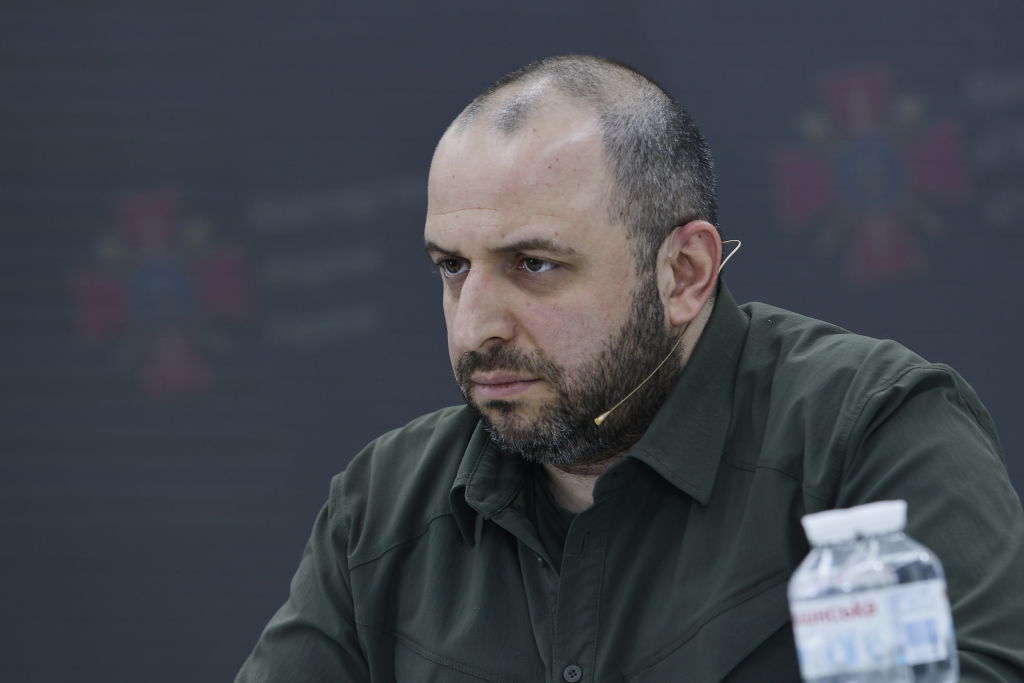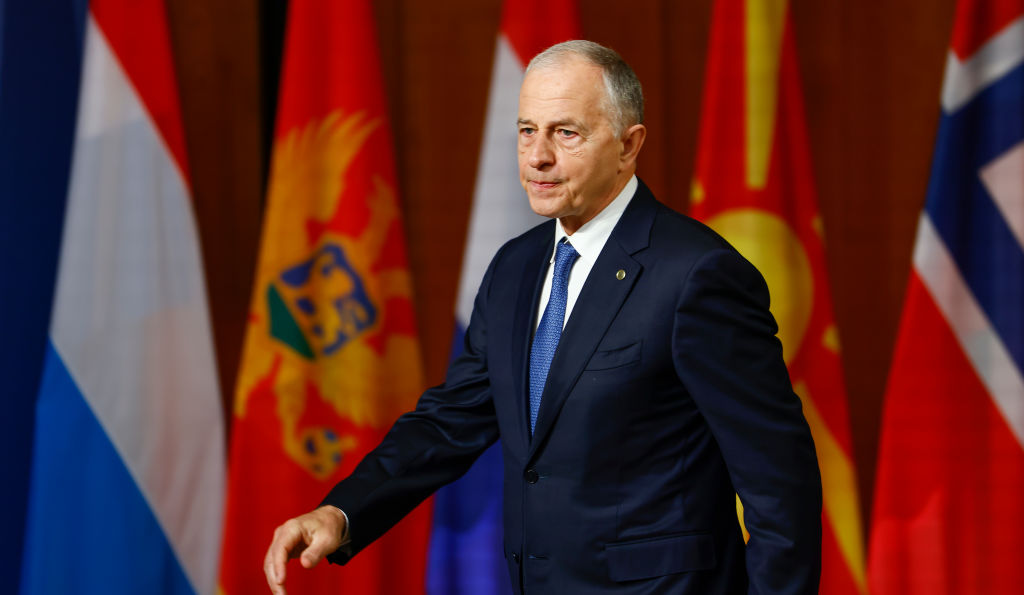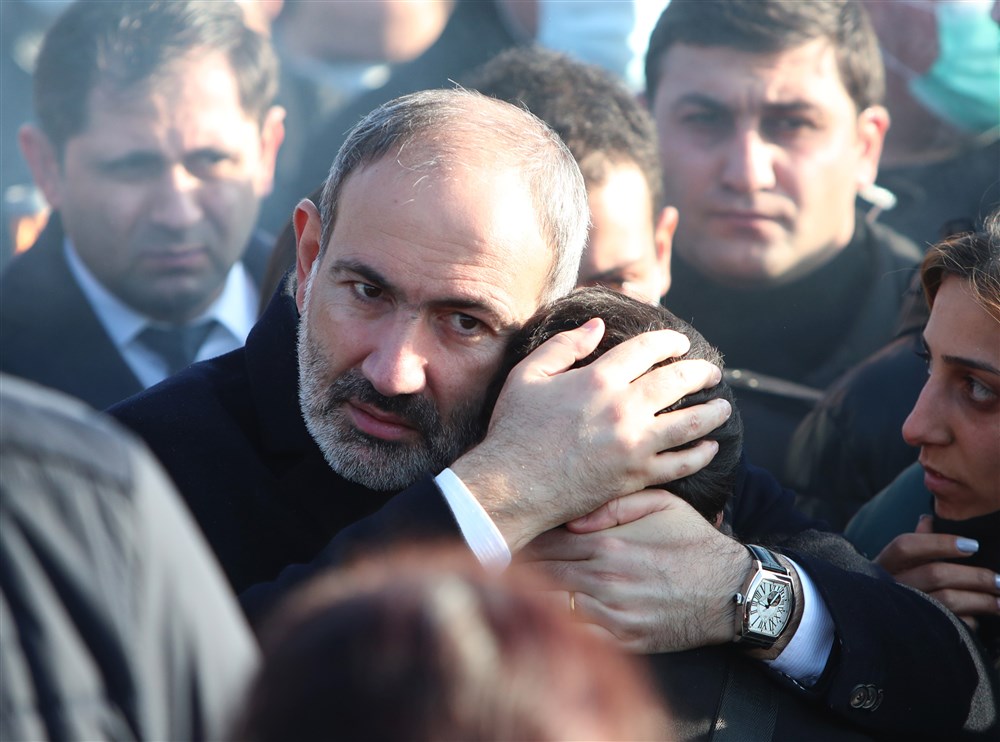The Azerbaijan defence ministry has accused Armenia of “committing provocations using heavy weapons in the Kalbajar and quadcopters in the Tovuz directions”.
“It should be noted that such provocations by Armenia are not the first and have become systematic,” the ministry claimed on July 25, pointing to military exercises conducted by the US in Armenia. It also cited the provision of lethal weapons to Armenia by France and the recent support of the Armenian Armed Forces by the European Union via the European Peace Facility.
The US and European help for Armenia, described as an “occupying state” by Azerbaijan, encouraged it to carry out “provocations and indicate its preparation for another war against Azerbaijan”, the statement read.
“We declare that the military-political leadership of Armenia and its supporters will bear whole responsibility for the escalation of the situation in the region.”
In a reaction to the accusations, Ani Badalyan, spokesperson for the Armenian foreign ministry, pointed out that her country had proposed a joint mechanism regarding investigations of border incidents and a mechanism of mutual arms control, but said Azerbaijan did not appear interested.
“Attempts to involve the Republic of Armenia in rhetoric of escalation are unacceptable. The Government of the Republic of Armenia remains committed to the peace agenda and will not deviate from this strategy,” she stated.
“As regards the reforms of the armed forces of the Republic of Armenia and the acquisition of weapons and equipment, we have repeatedly stated that having a combat-capable army is the sovereign right of any country, and the Republic of Armenia does not have any other goal in the field of defence and security beyond the protection of its internationally recognised territory.
“In the process of army reforms, the Republic of Armenia operates exclusively within the framework of international law,” Badalyan added.
Problems for Armenia might run deeper. A day before the statement from Azerbaijan, Dmitry Peskov, the press secretary for Russian President Vladimir Putin, warned Armenia not to follow the example of Ukraine in foreign policy.
Russia is similarly unhappy over Armenia receiving help from the West.
“We respect the expansion of Armenia’s co-operation with the EU, but hope that it will not be at the expense of relations with Russia,” Peskov said on the evening of July 24.
He said he acknowledged that Armenia was a sovereign nation but added that it should not behave the same way as the “Kyiv regime”.
In recent years, Armenia, a traditional ally of Russia, has been distancing itself from Moscow, dissatisfied at what it regarded as a lack of support against Azerbaijan.
On several occasions, Russia has been clearly reluctant to intervene in support of Armenia in the Nagorno-Karabakh conflict, despite prior international commitments. That caused the mood to shift in Armenia, pushing it to look for backing in the West.





